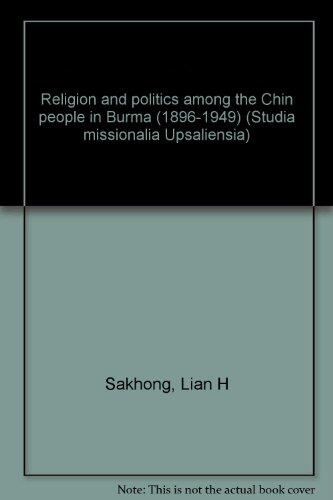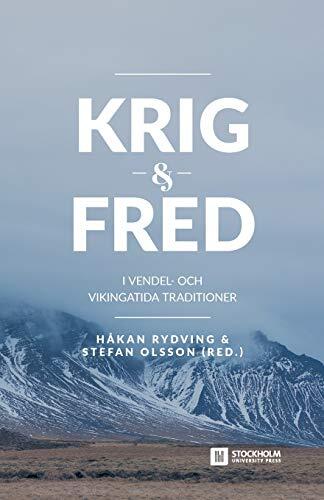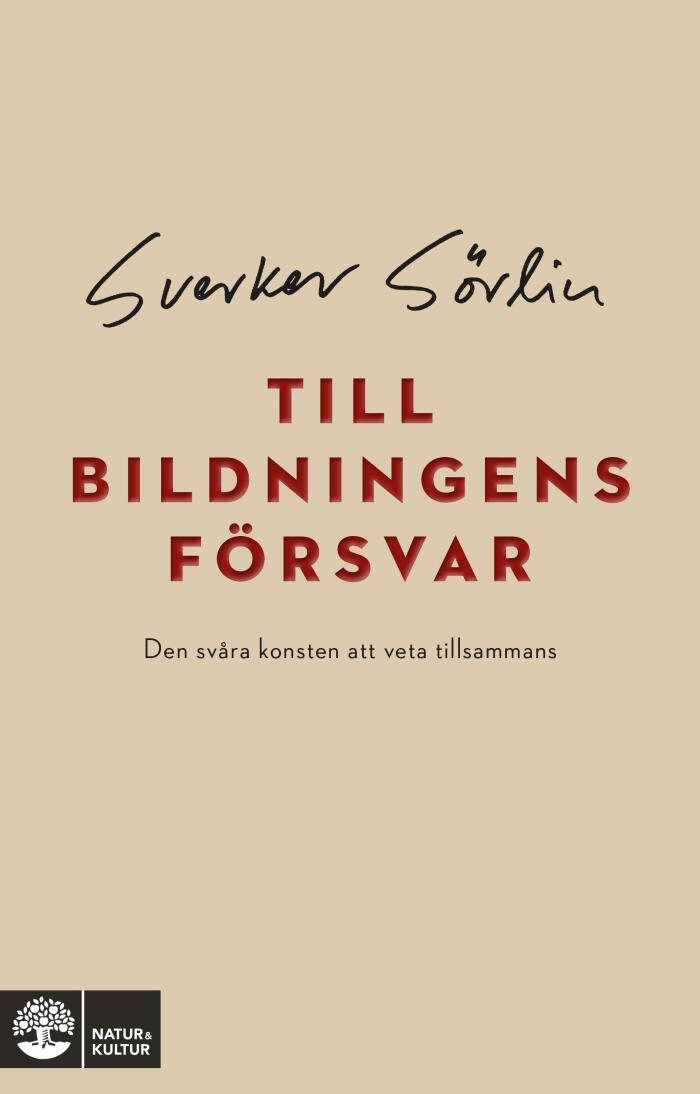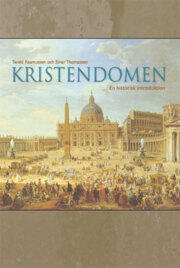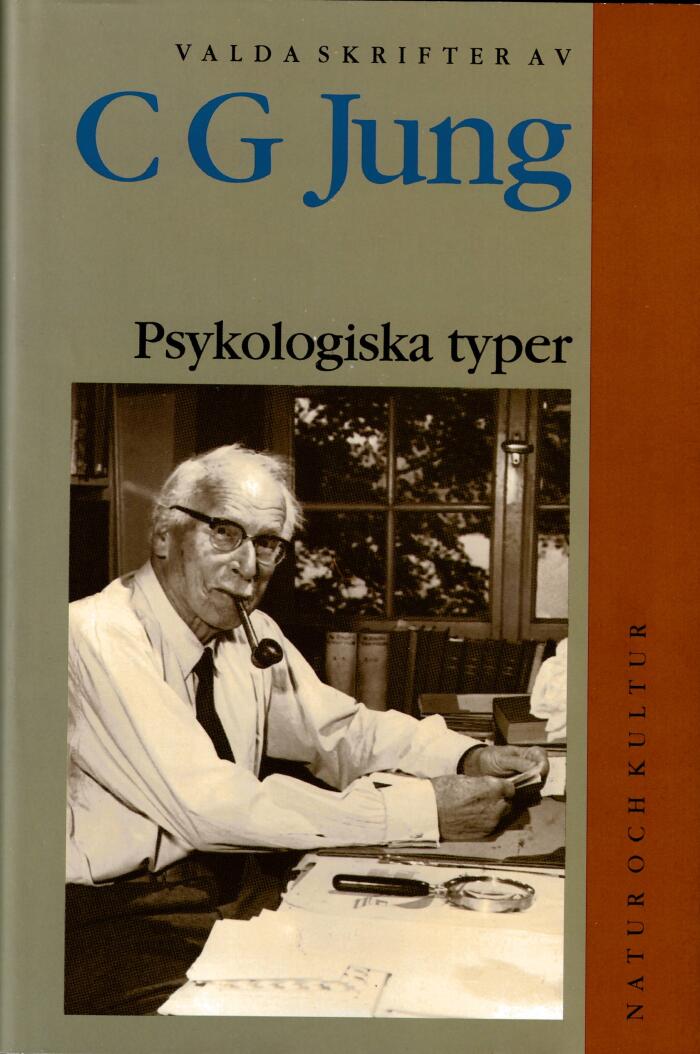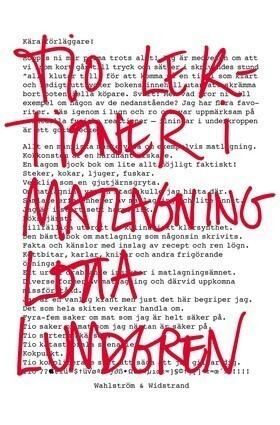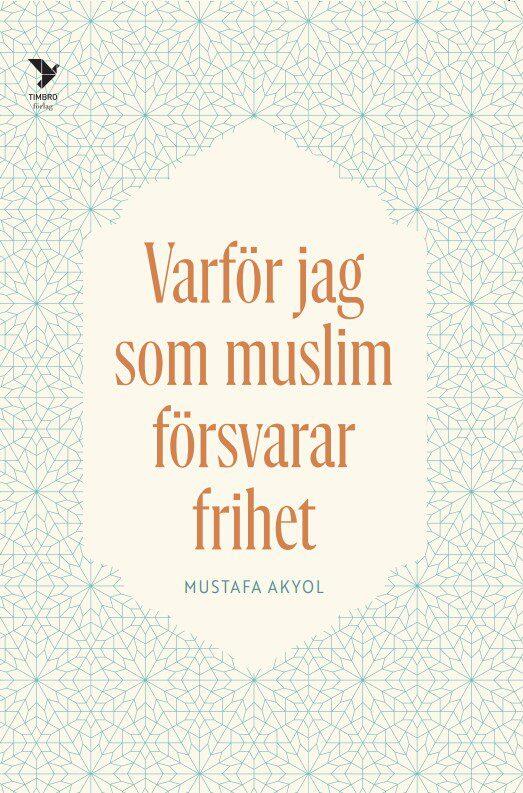
Varför jag som muslim försvarar frihet
작성자
Mustafa Akyol
아직 평점이 없습니다
Religion & Spirituality
형식
페이퍼백
페이지
137
언어
스웨덴어
출판됨
May 19, 2023
출판사
Timbro förlag
ISBN-13
9789177033394
설명
Mustafa Akyol explores the intricate relationship between Islam and the concept of freedom in his thought-provoking work. He delves into the common misconceptions that surround the religion, especially the idea that it inherently promotes coercion. Through a combination of personal experiences and thoughtful analysis, Akyol presents a narrative that challenges the prevailing views of Islam as a faith bound by restriction.
In an era where debates about faith and freedom are more prominent than ever, Akyol argues that a proper understanding of Islamic principles can reveal a strong foundation for individual liberties. He emphasizes that freedom is not only a core aspect of Islamic teachings but also a fundamental right for every individual, regardless of their background. The book serves as a call to rethink preconceived notions and recognize the potential for freedom within Islamic thought.
Throughout the narrative, Akyol shares insights from his personal journey, illustrating how he reconciles his faith with the universal pursuit of freedom. He tackles complex issues such as governance, social justice, and human rights, all while advocating for a more nuanced understanding of Islam. His reflections invite readers to engage with these ideas, fostering a dialogue that bridges cultural divides.
The work ultimately serves as an empowering narrative for Muslims and non-Muslims alike, encouraging a deeper appreciation for the diversity of opinions within the faith. By highlighting the often-overlooked aspects of Islam that align with the ideals of freedom, Akyol ignites a passion for reform and encourages readers to envision a future where faith and liberty coexist harmoniously.
In an era where debates about faith and freedom are more prominent than ever, Akyol argues that a proper understanding of Islamic principles can reveal a strong foundation for individual liberties. He emphasizes that freedom is not only a core aspect of Islamic teachings but also a fundamental right for every individual, regardless of their background. The book serves as a call to rethink preconceived notions and recognize the potential for freedom within Islamic thought.
Throughout the narrative, Akyol shares insights from his personal journey, illustrating how he reconciles his faith with the universal pursuit of freedom. He tackles complex issues such as governance, social justice, and human rights, all while advocating for a more nuanced understanding of Islam. His reflections invite readers to engage with these ideas, fostering a dialogue that bridges cultural divides.
The work ultimately serves as an empowering narrative for Muslims and non-Muslims alike, encouraging a deeper appreciation for the diversity of opinions within the faith. By highlighting the often-overlooked aspects of Islam that align with the ideals of freedom, Akyol ignites a passion for reform and encourages readers to envision a future where faith and liberty coexist harmoniously.
